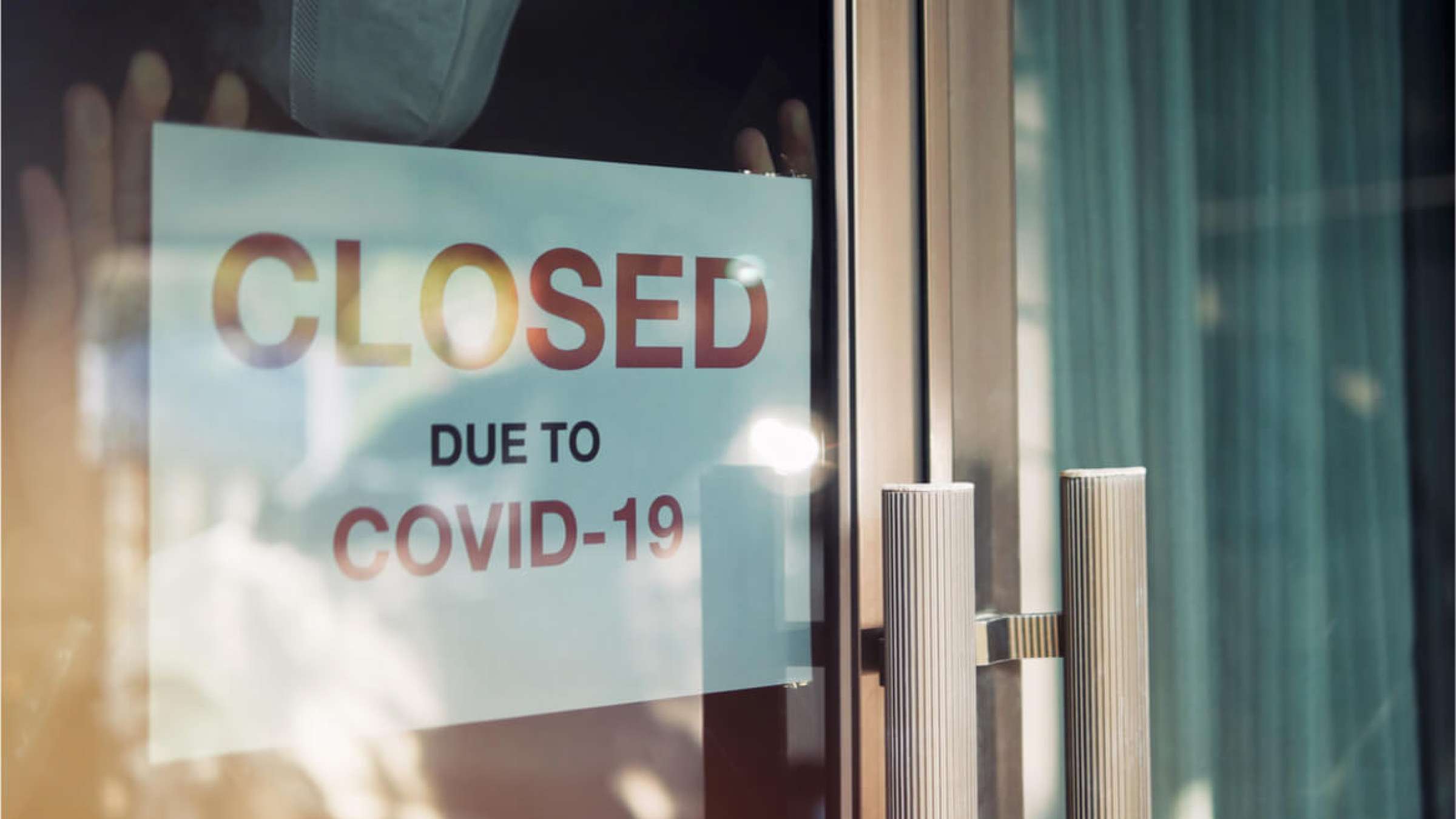WRC5 Plenary Session: Addressing the Social and Economic Impact of COVID-19 Pandemic on “Hard-won” Development Gains
Watch this session on-demand
The COVID-19 health impacts and containment measures have caused sharp decline in economic activity, jobs and livelihoods, and negative repercussions on health, education and value-chain related services. It has disproportionately affected the most vulnerable and exacerbated inequalities in human development. As a result, the pandemic has negatively impacted hard-won development gains of the 2030 Agenda.
Given the vast scale of impacts, the diversity of ensuing needs and resource requirements, a multi-sectoral response was needed. Early in the pandemic, pre-existing assessment methodology was adapted to the epidemic context as COVID-19 Recovery Needs Assessments (CRNAs). The CRNA delivers macro, meso and micro level analysis and develops prioritized recovery needs with costs under a coordinated and government-owned process, ensuring alignment of the development community behind one comprehensive government-wide strategy which can be converted to common planning and financing outcomes. The findings support development of a comprehensive recovery strategy and recovery programs.
Session objectives
This plenary session will share knowledge and experience to advance COVID-19 recovery. It will provide a broad overview of key approaches used worldwide to identify and address the social and economic impact of COVID 19, how well they worked and lessons for strengthening resilience and reducing the pandemic’s impact.
Specific objectives:
- To share experience on how COVID 19 pandemic has impacted development gains and avenues to reverse the trend.
- To take stock of best practices and challenges for identifying and addressing the impacts of COVID 19 pandemic
- To share lessons from the implementation of national and regional recovery frameworks
Moderator
- Ms. Rita Missal, Recovery Advisor (a.i), Crisis Bureau, United Nations Development Programme (UNDP)
Keynote Speakers
- Mr. Pedro Conceição, Director, United Nations Human Development Report Office
- Mr. Albert Park, Chief Economist, Asian Development Bank (ADB)
Panelists
- Mr. Harsen Nyambe, Director, Directorate of Sustainable Environment and Blue Economy, Department of Agriculture, Rural Development, Blue Economy and Sustainable Environment. African Union Commission
- Mr. Ahmad Zafarullah Abdul Jalil, Director of ASEAN Integration Monitoring Directorate, ASEAN Economic Community Department, ASEAN Secretariat; with Ms. Riyanti Djalante, Assistant Director for Disaster Management and Humanitarian Assistance at the ASEAN Secretariat
- Ms. Claudia Herrera, Executive Secretary, El Centro de Coordinación para la Prevención de los Desastres en América Central y República Dominicana (CEPREDENAC)
- Honorable Mr. Miguel Ceara Hatton, Minister of Planning and Economy, the Dominican Republic
- Mr. Claes Andersson, Senior Crisis Response Planner for EU crisis response actions under the European Commission’s Neighbourhood, Development and International Cooperation Instrument (NDICI)
Learn more
Where do we stand
At the regional level, the African Union Commission (AUC) for Africa and the Association of Southeast Asian Nations (ASEAN) for Asia have both developed Regional COVID-19 Recovery Frameworks, with the aim to facilitate a risk-informed and resilient recovery from the short-, medium- and long-term impacts of the crisis.
In the national context, there are 12 countries that have developed COVID-19 recovery frameworks based on the application of the CRNA methodology. There also exists a summary of the lessons and best practices emerging from the application of the CRNA methodology in 6 of these countries (Azerbaijan Haiti, Ecuador, El Salvador, South Africa, and Vanuatu).
Session guiding questions
- What was the impact of the pandemic on the development targets and what could be done to reverse the trend?
- What are the key approaches used to identify the socio-economic impact of COVID-19? How well did the approaches work?
- What are the key lessons emerging from the implementation of the recovery framework for contributing to resilience strengthening and decreasing the pandemic impact on lives and livelihoods?

Agenda
Location
BICC Ground Floor
Online access
Participation
Open to those registered for the conferenceInterpretation
EN, FR, , ESDetails
Contact
Joana Sampainho [email protected]; Shairi Mathur [email protected]
